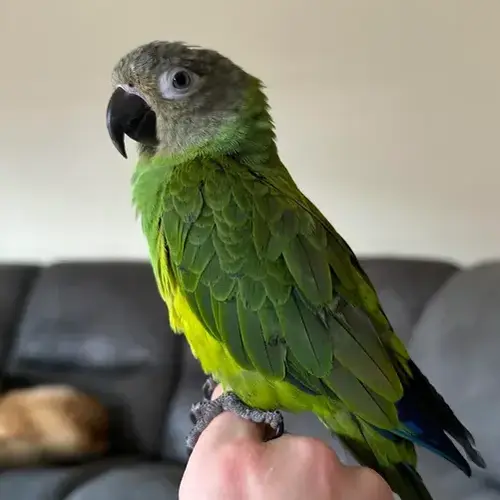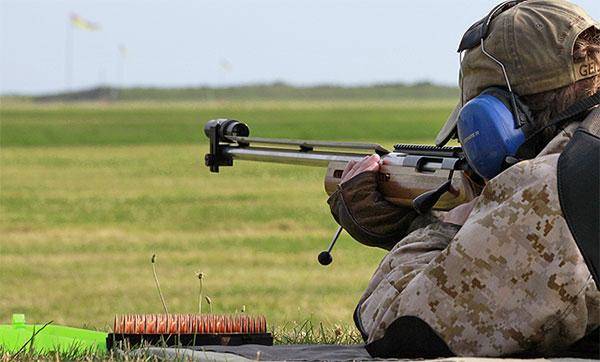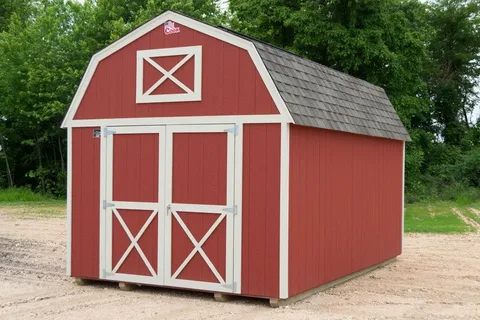An In-Depth Look at the Cheeked Conure and Caique Bird: Characteristics, Care, and Companionship

Strong 8k brings an ultra-HD IPTV experience to your living room and your pocket.
red friend. Among the captivating options are the cheeked conure and the caique bird. These two avian species are known for their vibrant personalities and striking appearances, making them popular choices for pet lovers. This article provides a comprehensive guide to understanding the cheeked conure and caique bird, including their unique characteristics, care requirements, and what makes them wonderful companions.
The Cheeked Conure: A Colorful Companion
The cheeked conure, also known as the "Green-Cheeked Conure" (Pyrrhura molinae), is a small parrot species native to South America. With its playful nature and striking coloration, it has become a beloved pet bird.
Physical Characteristics
Green-Cheeked Conures are recognized for their vibrant plumage, which includes shades of green, blue, and red. Key features include:
Size: Typically 10-12 inches in length, making them a manageable size for most households.
Coloration: The body is predominantly green, with a red undertone on the belly and a blue patch on the wings. Their cheeks are marked with a distinct, bright red.
Beak and Eyes: They have a strong, curved beak and dark brown eyes that complement their colorful appearance.
Personality and Behavior
Cheeked conures are known for their engaging and playful behavior. Their personality traits include:
Affectionate Nature: They form strong bonds with their owners and enjoy physical interaction, such as cuddling and preening.
Vocalization: These birds are not overly noisy but can produce a range of sounds, including chirps and squawks. They may mimic simple sounds or phrases with training.
Curiosity and Intelligence: Green-Cheeked Conures are intelligent and curious, requiring mental stimulation through toys and social interaction.
Care Requirements
Proper care is essential to ensure the well-being of a cheeked conure. Key aspects of care include:
Diet: A balanced diet for cheeked conures includes high-quality pellets, fresh fruits, and vegetables. Avoid feeding them avocado, chocolate, or caffeine, as these can be harmful.
Housing: Provide a spacious cage with horizontal bars to facilitate climbing. Ensure the cage has perches of varying sizes and textures to keep their feet healthy.
Social Interaction: Cheeked conures thrive on social interaction. Spend time interacting with your bird daily, and consider providing a companion if you’re away frequently.
The Caique Bird: A Spirited Companion
The caique bird, belonging to the genus Pionites, is known for its lively personality and striking appearance. There are two main species of caiques that are commonly kept as pets: the Black-Capped Caique (Pionites melanocephalus) and the White-Bellied Caique (Pionites leucogaster).
Physical Characteristics
Caiques are medium-sized parrots with distinct features that set them apart:
Size: Caiques typically range from 9-10 inches in length.
Coloration: Black-Capped Caiques have a black head, vibrant green body, and orange underparts. White-Bellied Caiques are characterized by their white belly, green back, and orange or yellow underparts.
Beak and Eyes: They have a strong, hooked beak and dark eyes that contribute to their expressive facial expressions.
Personality and Behavior
Caiques are renowned for their energetic and playful nature. Key personality traits include:
Playfulness: Caiques are incredibly playful and require plenty of toys and enrichment to keep them occupied. They are known for their acrobatics and love of games.
Affectionate and Social: They are affectionate birds that enjoy spending time with their human companions. Caiques often seek attention and interaction.
Vocalization: Caiques can be quite noisy, producing a variety of sounds including whistles, squawks, and chattering. Their vocalizations can be loud and frequent.
Care Requirements
Caring for a caique bird involves meeting their physical and emotional needs. Key care considerations include:
Diet: A caique’s diet should include high-quality pellets, fresh fruits, vegetables, and occasional nuts. Avoid feeding them too many high-fat foods or sugary treats.
Housing: Provide a large, well-equipped cage with plenty of perches, toys, and space to move around. Caiques are active and need space to exercise.
Social Interaction: Caiques are highly social and need regular interaction with their owners. They benefit from daily playtime and mental stimulation.
Comparing the Cheeked Conure and Caique Bird
While both the cheeked conure and caique bird are delightful pets, they have distinct differences that might influence your choice of companion. Here’s a comparative overview:
Size and Space Requirements
Cheeked Conure: Slightly smaller in size, making them ideal for those with limited space. Their cage should still be spacious but can be somewhat smaller than what is recommended for caiques.
Caique Bird: Requires a larger cage due to their higher energy levels and need for more space to play and explore.
Personality and Interaction
Cheeked Conure: Known for being affectionate and less noisy, making them suitable for environments where loud noises may be a concern.
Caique Bird: Extremely playful and vocal, ideal for those who can accommodate their energetic and social nature.
Care and Maintenance
Cheeked Conure: Generally requires less space and can be a bit easier to manage in terms of noise levels. Their diet and care needs are relatively straightforward.
Caique Bird: Demands more interaction and mental stimulation due to their high energy. Their care involves ensuring they have plenty of toys and space to stay engaged.
Bonding with Your Cheeked Conure or Caique Bird
Building a strong bond with your feathered friend involves understanding their unique needs and providing consistent care. Here are some tips for fostering a positive relationship:
Establishing Trust
Patience and Consistency: Spend time with your bird daily, using positive reinforcement to encourage good behavior and build trust.
Gentle Handling: Handle your bird gently and avoid sudden movements that might startle them. Allow them to approach you at their own pace.
Enrichment and Stimulation
Toys and Games: Provide a variety of toys and activities to keep your bird entertained and mentally stimulated. Rotate toys regularly to maintain their interest.
Training and Socialization: Engage in training sessions to teach your bird new tricks and behaviors. Socialize your bird with different environments and people to enhance their adaptability.
Common Health Issues and Veterinary Care
Both the cheeked conure and caique bird may face health challenges that require attention. Regular veterinary check-ups are essential for maintaining their well-being.
Common Health Issues
Cheeked Conure: Watch for signs of respiratory infections, feather plucking, and digestive issues. Regular grooming and a balanced diet can help prevent these problems.
Caique Bird: Be mindful of issues such as obesity, which can result from overfeeding or insufficient exercise. Monitor their weight and provide a varied diet to prevent health issues.
Veterinary Care
Routine Check-Ups: Schedule regular veterinary visits to monitor your bird’s health and address any concerns. A bird-savvy vet can offer guidance on proper care and nutrition.
Emergency Care: Familiarize yourself with signs of illness or distress and seek prompt veterinary assistance if needed.
Conclusion
The cheeked conure and caique bird each bring their own unique charm and characteristics to the world of pet birds. Whether you’re drawn to the affectionate and colorful cheeked conure or the playful and energetic caique bird, understanding their needs and behaviors is key to providing them with a happy and healthy life. By considering their individual traits and requirements, you can make an informed decision and ensure a rewarding companionship with your feathered friend.
Note: IndiBlogHub features both user-submitted and editorial content. We do not verify third-party contributions. Read our Disclaimer and Privacy Policyfor details.







